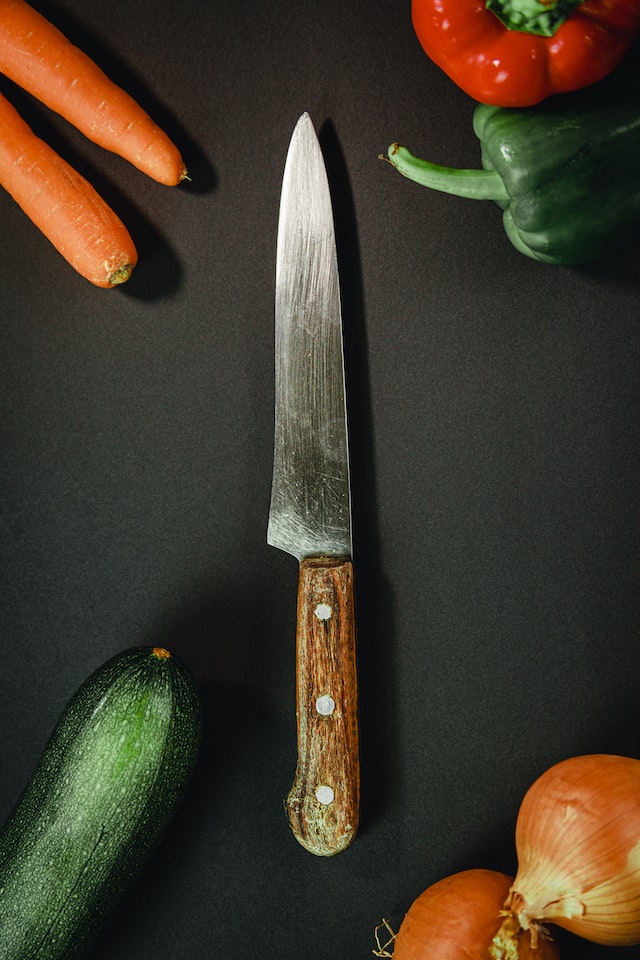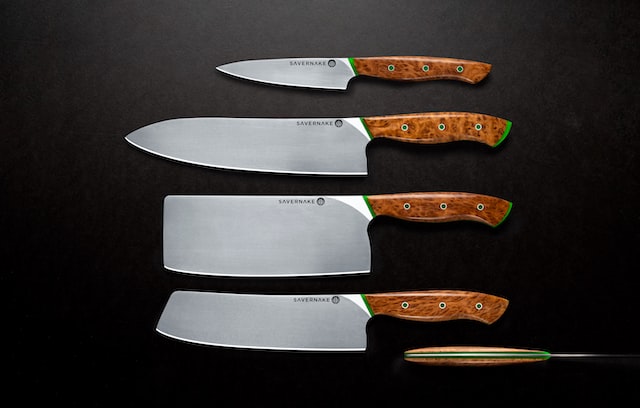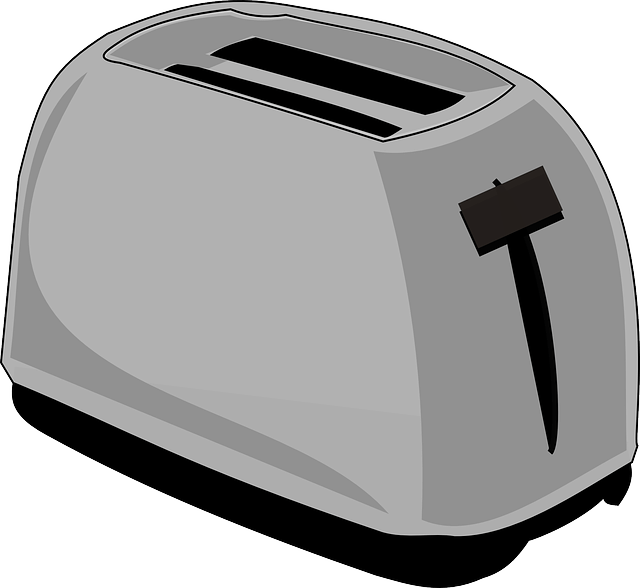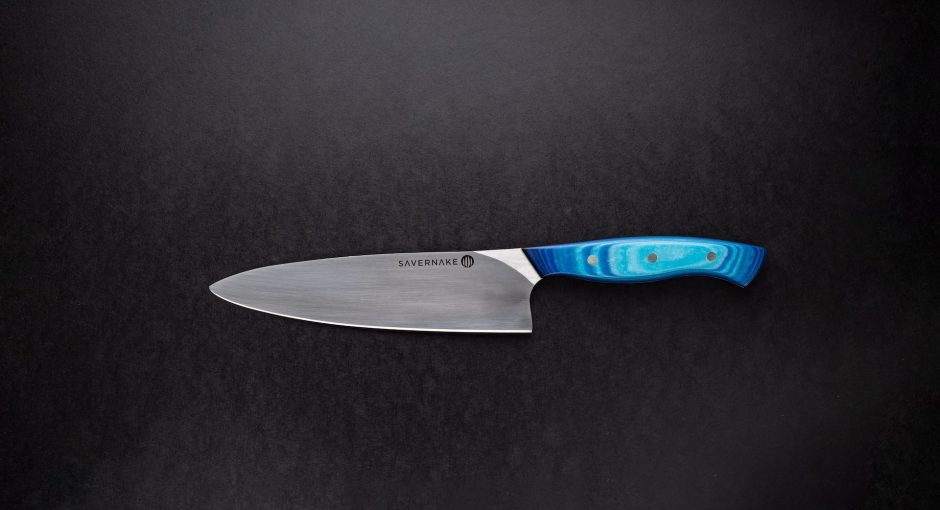When disposing of kitchen knives, there are several options. Donating them to someone in need can be a great option or selling them can generate some cash and enable you to purchase a new knife. But it is essential that you choose the correct disposal option for your individual situation.
Donating Knives
If your old knife has seen better days, donating it to a local charity may be the best course of action for you. Many organizations refurbish and sharpen knives before giving them away to those in need. Furthermore, giving something back to your community is an excellent way to give something back.
Disposing kitchen knives safely begins by wrapping the blades in newspaper or other large sheets of paper. Doing this prevents them from getting ripped or cut when thrown away. Tape around each blade so no sharp edges are exposed.
You could also try wrapping the blades in a cardboard sheath made out of an extra piece of cardstock. Fold it over and secure with duct tape or parcel tape, then place in a cardboard box labeling it to remind anyone who receives it to take extra care when handling the knife.

Once the cardboard’sheath’ has been cut away, place it into a plastic or metal container that is puncture-proof. Doing this will protect anyone else from injury should your knife’s sharp edge cut through the box during transport.
You may wrap the blades in bubble wrap and secure them tightly inside plastic bags or old pieces of cloth. After wrapping each blade individually, secure the lid of a plastic or metal container using tape to prevent spills during transit.
Recycling Your Knives
If you decide to recycle your old knives, it is advisable to find a local scrap metal recycling center that accepts kitchen knives. These facilities can turn them into metal scrap which can then be sold at an advantageous price on the market.

Before visiting a scrap metal center, it’s wise to double-check with them what type of metal your knife is made from and if they accept it. Once accepted, simply hand your kitchen knives over to the staff at the center who will safely dispose of them in their skips.
A magnet test can also be used to determine whether your knife’s sharp edge is ferrous or non-ferrous. If it is ferrous, chances are good that there will be a scrap metal recycling center nearby that accepts this material.
Finally, it is a wise idea to donate your old kitchen knives to a civic amenity site or waste disposal centre. Many of these locations have a scrap metal bin that accepts knives and other metal objects.

